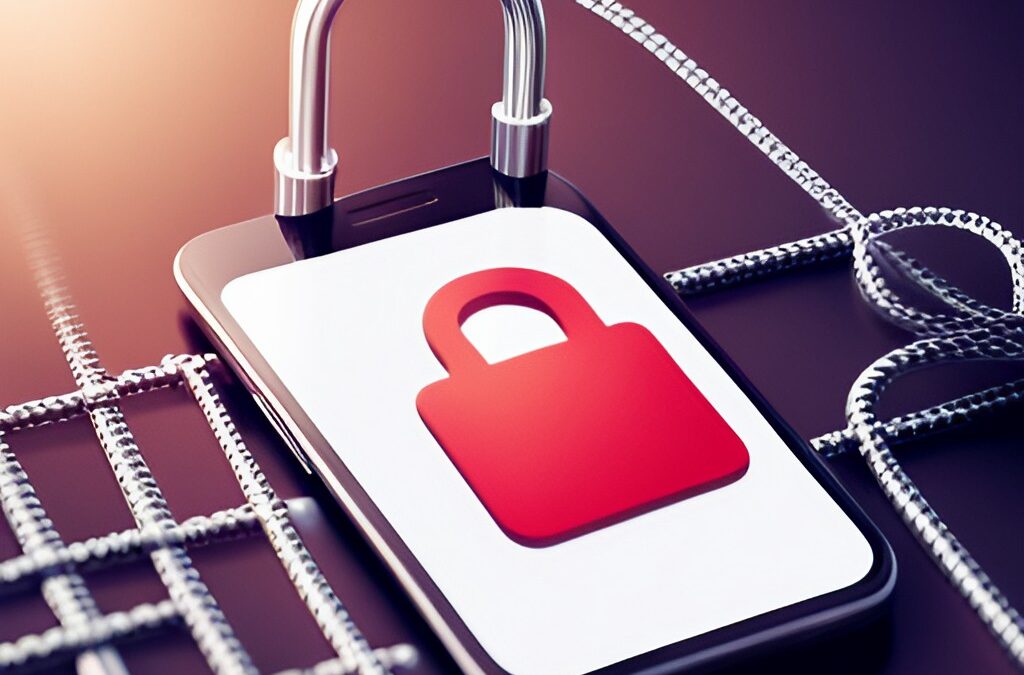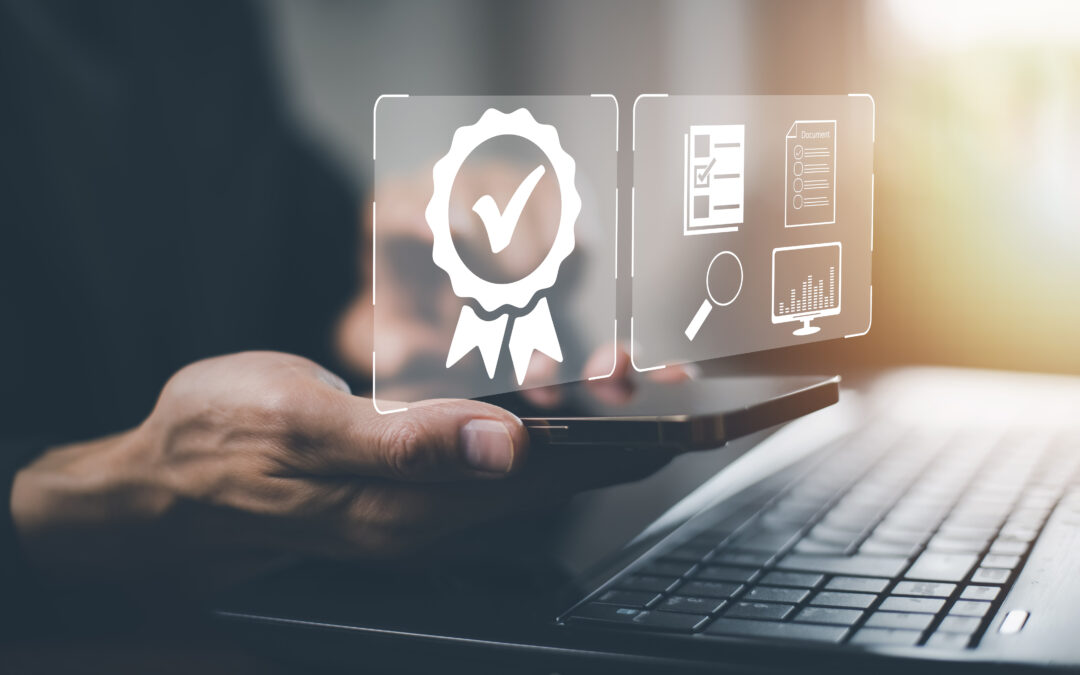
Unlocking the Secrets of iMessage Data Retention: Regulations and Solutions
Unlocking the Secrets of iMessage Data Retention: Regulations and Solutions
In today’s digital world, where messaging apps have become an integral part of our lives, it is crucial to understand the regulations and solutions surrounding the retention of iMessage data. This article aims to provide an overview of the regulatory landscape and explore various solutions to help businesses and individuals navigate iMessage data retention.
The Importance of iMessage Data Retention
iMessage, Apple’s messaging platform, has gained widespread popularity due to its seamless integration with iOS devices. As a result, it has become a significant means of communication for both personal and professional purposes. Understanding the legal requirements and best practices for retaining iMessage data is essential for compliance and data protection.
Legal Requirements for iMessage Data Retention
Limited Retention by Apple: According to Apple’s privacy policy, the company retains limited information about the use of iMessage, such as device eligibility, for up to 30 days. However, the content of iMessage conversations is end-to-end encrypted and not stored on Apple servers.
Data Retention Laws: In addition to Apple’s policies, businesses and organisations must comply with data retention laws specific to their jurisdiction. It is crucial to consult legal experts to ensure compliance with these regulations.
General Data Protection Regulation (GDPR): For businesses operating in the European Union, the GDPR mandates the secure processing and storage of personal data, including iMessage conversations. Businesses must implement measures to protect sensitive information exchanged through iMessage. Make sure the solution you choose encrypts and secures all data in accordance with GDPR, ISO 27001 and SOC standards to meet this GDPR requirement. DeepView does this.
Regulatory Requirements for iMessage Data Retention
The majority of global financial regulators require all client communication to be recorded and archived. Primarily this is to manage insider trading. In the US, the CFTC and SEC record retention requirements were breached resulting in the unprecedented $2bn penalties in 2021 and 2022 across the Tier 1 banks. In the UK, the Financial Conduct Authority (FCA) requires record keeping under their SYSC 9.1 and 10-A legislation and rules. This is the FCA’s MiFID framework from the European MiFID II regulation.
Solutions for iMessage Data Retention
Implement Data Retention Policies: Businesses should develop comprehensive data retention policies that outline the retention periods for iMessage data. These policies should align with applicable laws and regulations.
Secure Data Storage: To protect sensitive information, businesses should consider implementing secure data storage solutions. Encryption methods, access controls, and regular backups help ensure the confidentiality and integrity of archived iMessage data.
Regular Audits and Monitoring: Regular audits and monitoring are crucial to maintaining compliance with data retention policies. Businesses should periodically review their data retention processes, access controls, and the effectiveness of storage solutions.
Seek Legal Advice: Due to the complexity of data retention regulations, it is advisable for businesses to consult legal experts. Legal professionals can provide guidance on developing policies and implementing robust archiving practices.
FAQs on iMessage Data Retention
Q: How long are iMessages retained?
A: Users have the option to automatically delete iMessages from their devices after 30 days or a year. However, iMessages can be backed up in iCloud if enabled.
Q: Does Apple keep iMessage records?
A: Apple retains limited information about iMessage usage but does not store the content of iMessage conversations on its servers due to end-to-end encryption.








